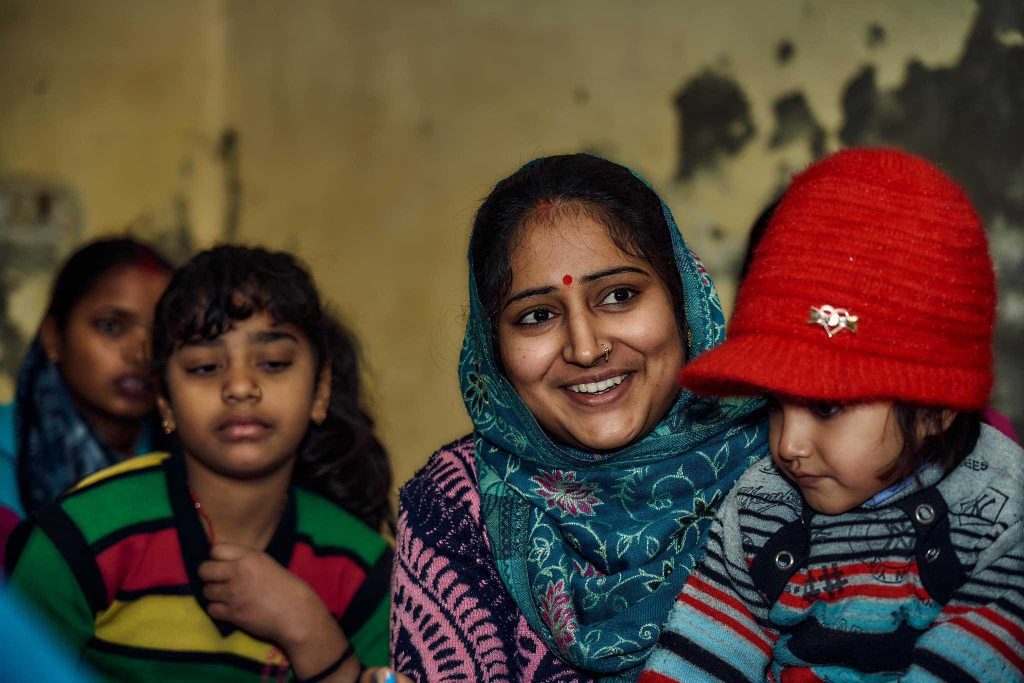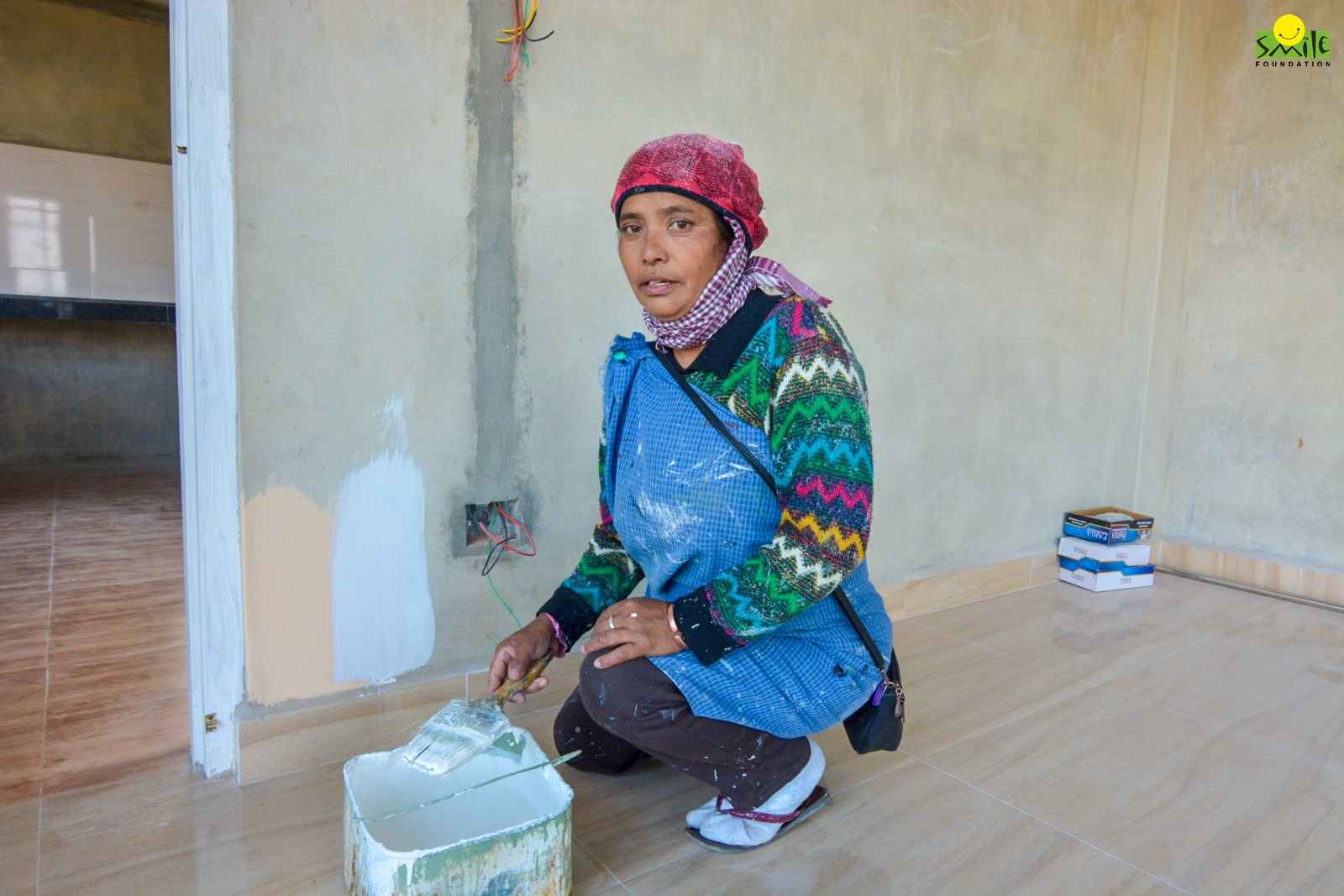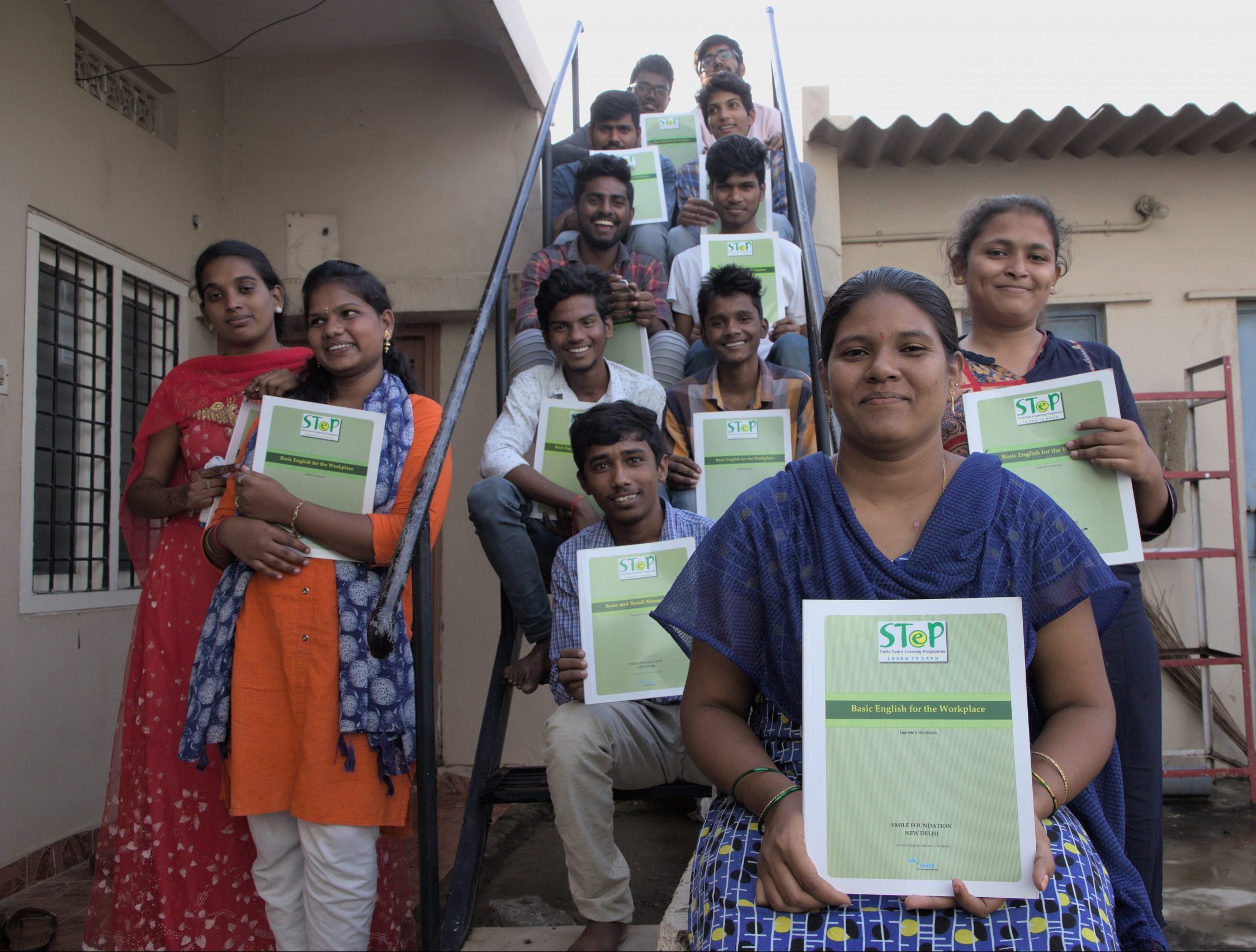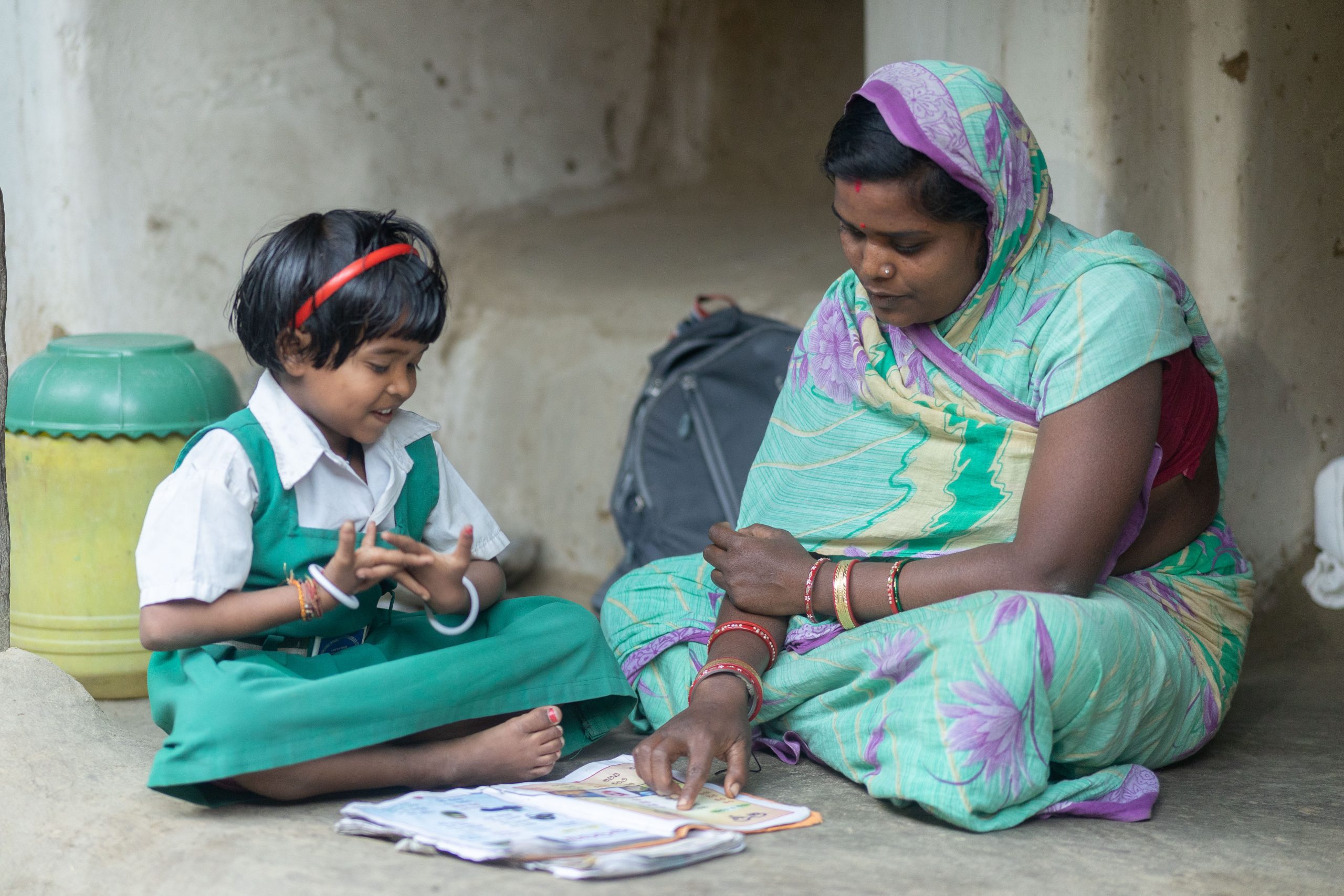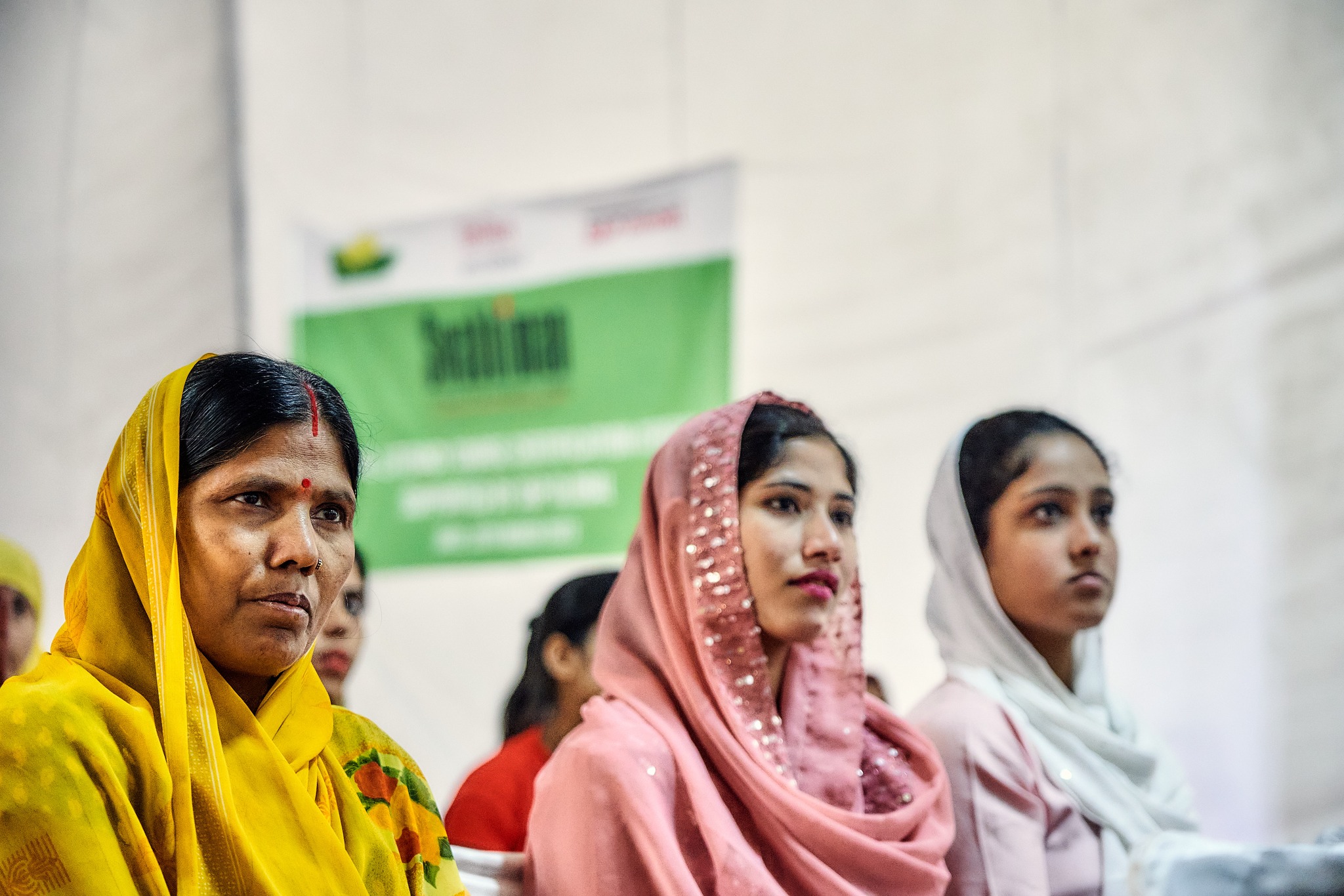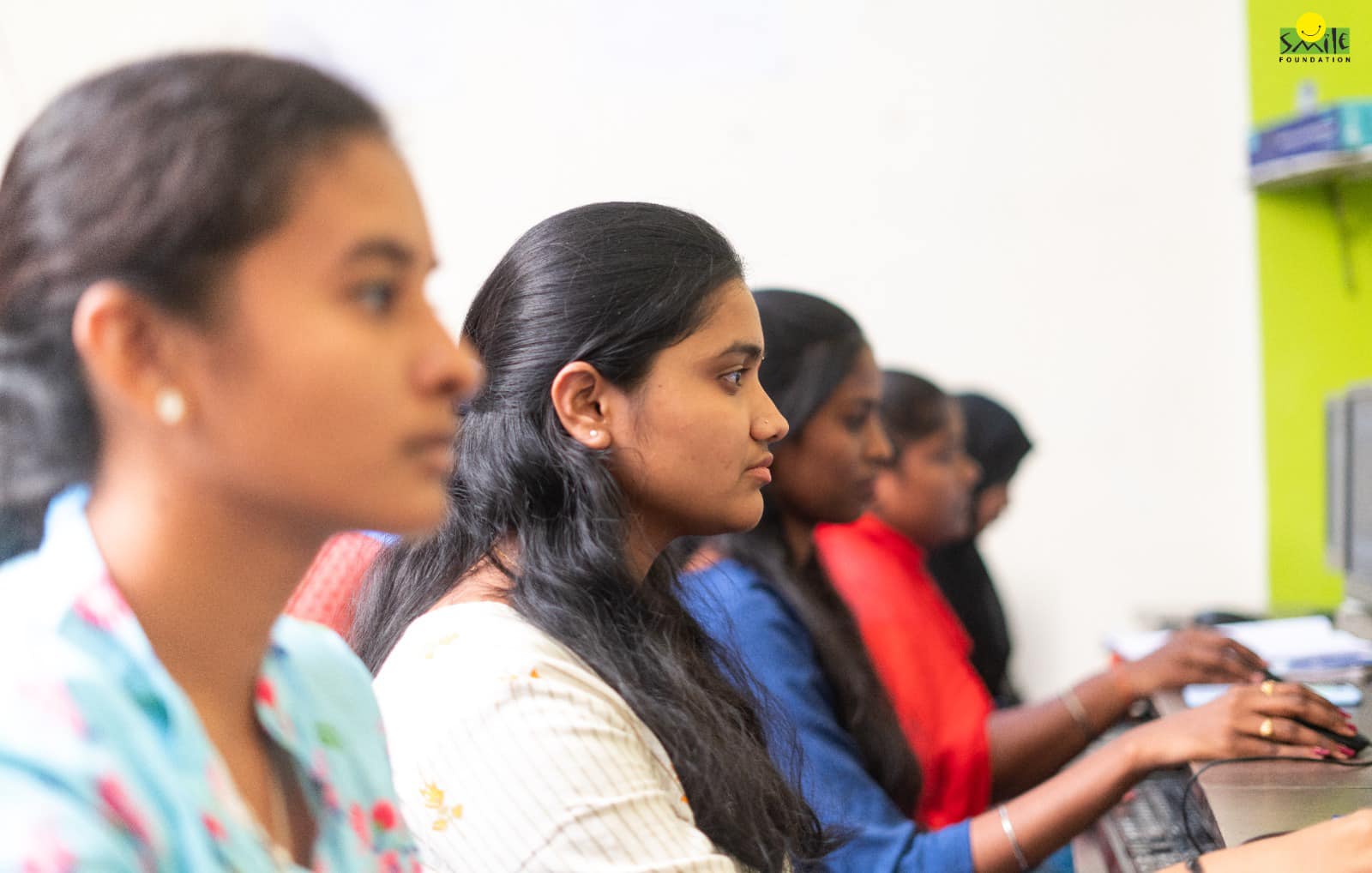I raise up my voice — not so that I can shout, but so that those without a voice can be heard … we cannot all succeed when half of us are held back.
― Malala Yousafzai
Have you ever wondered why conversations surrounding women empowerment in India tend to overshadow discussions about men empowerment? This observation arises from the societal presumption that men inherently possess empowerment, while women are perceived as requiring it to enhance their status. Women, comprising approximately half of the global population, have wielded significant influence in shaping families, communities, economies and societies. Despite their contributions, women encounter challenges such as discrimination and inequality, impeding their advancement. Therefore, prioritising women empowerment is significant for realising gender equality and fostering a more equitable, thriving world.
Efforts towards women empowerment in India are often inadequate due to factors like the gap in male-female literacy rates, role stereotyping and safety concerns. Additionally, working women encounter unique challaenges in balancing career aspirations with familial responsibilities, often facing societal expectations of traditional gender roles. The lack of support structures such as affordable childcare facilities and flexible work arrangements further deepens the challenge.
Moreover, workplace discrimination, unequal pay and limited opportunities for career advancement remain pervasive issues, impeding the full realisation of women’s potential in the workforce. While government schemes like Beti Bachao Beti Padhao and Ujjawala Yojna aim to address some of these challenges, more comprehensive strategies are needed to accelerate progress and create an enabling environment for women empowerment.
So how can we accelerate women empowerment in India?
Here are several strategies to empower women on a broad scale.
Access to Education
UNESCO reports that the female literacy rate in India lags behind the male literacy rate by about 16.1%. This gap underscores the challenges women face in accessing quality education. Education is a powerful tool- educated women are more likely to participate in the workforce, driving economic growth. Additionally, they play a primary role in raising healthier families and communities. Ensuring universal access to education for women is not only a matter of empowerment but also a strategic imperative for the progress and prosperity of India.
Economic Empowerment
Only about 27% of Indian women participate in the labor force, significantly lower than the global average. To address this, we must remove barriers to employment, entrepreneurship and financial independence. This includes providing access to credit, financial services and targeted training programmes for women.
Empowering women in the workforce will unlock the full economic potential of the nation and drive sustainable growth and development. Furthermore, initiatives to increase women’s access to markets and resources can significantly enhance their economic empowerment. This includes facilitating women participation in value chains, providing them with access to technology and information and promoting women-owned businesses.
Health & Well-being
Ensuring access to reproductive health care and quality maternal care is important for the well-being of women. India accounts for approximately 17% of global maternal deaths, with high maternal mortality rates, especially in rural and marginalised communities. Additionally, addressing mental health issues is essential for overall empowerment. Initiatives like the National Health Mission (NHM) aims to provide quality healthcare services to women and children across the country, promoting empowerment and well-being.
In simpler terms, we need to connect the dots between women empowerment, health and well-being. Because when women are healthy, they can take care of themselves, they also have the energy and confidence to pursue their dreams and goals.
Changing Social Norms and Attitudes
In rural areas, deeply entrenched patriarchal norms and traditional gender roles often limit the opportunities of women and their agency. Women are expected to prioritise household chores and caregiving duties over pursuing education or employment opportunities. Social expectations dictate that women should adhere to strict codes of conduct, which may restrict their mobility and autonomy.
Additionally, prevailing attitudes towards the education of women and empowerment may be conservative, with some communities viewing educated women as a threat to traditional values. This can result in lower literacy rates among women and limited access to educational resources. Furthermore, the prevalence of child marriage and dowry practices perpetuates gender inequality and undermines the rights of women.
In urban areas, while women may have greater access to educational and employment opportunities compared to rural counterparts, they still face societal pressures and discriminatory practices. Gender stereotypes and biases persist in urban settings, influencing hiring decisions, career progression and workplace dynamics. Women often encounter the ‘glass ceiling‘ phenomenon, where they are unable to advance to leadership positions despite possessing the necessary qualifications and skills.
Moreover, the prevalence of sexual harassment and gender-based violence in urban environments poses significant challenges to the safety and well-being of women. Cultural norms regarding the roles and responsibilities of women may also contribute to the unequal distribution of household labor and caregiving responsibilities, placing additional burdens on women juggling work and family life. Addressing these entrenched social norms and attitudes is essential for creating inclusive urban spaces where women can thrive professionally and personally.
Gender-sensitive education and community awareness programmes are essential for challenging these stereotypes and promoting inclusive attitudes. When women are empowered to challenge societal norms and expectations, they can drive positive change not only for themselves but also for their families and communities.
Legal and Policy Reforms
Women in both rural and urban areas face various forms of gender-based violence, including domestic abuse, sexual harassment, rape and trafficking. In rural settings, women often endure domestic violence, dowry-related abuse and honor killings, perpetuated by social inequalities. Urban women, on the other hand, are vulnerable to sexual harassment in public spaces and workplaces, as well as rape and trafficking. These crimes not only violate the rights of women but also undermine their safety, dignity and well-being. Legal reforms are imperative to address these challenges and ensure accountability for perpetrators while providing comprehensive support for survivors.
Legal reforms combat gender-based violence and ensure justice for women in both rural and urban areas. Stronger laws and enforcement mechanisms are needed to criminalise domestic violence, sexual harassment and other forms of gender-based violence, with provisions for investigation and prosecution. Additionally, legal reforms should focus on enhancing access to justice for marginalised women and establishing support services such as legal aid and counseling. Awareness-raising initiatives can also challenge harmful stereotypes and promote gender equality, fostering safer and more inclusive environments for women to exercise their rights.
Eyes on Equity, not Equality
Achieving women empowerment in India requires addressing various challenges across education, economy, healthcare and societal attitudes. While progress has been made, there is still much to be done to ensure equal opportunities for women. By focusing on education, economic opportunities, healthcare access and changing social norms, we can create a more inclusive society where women can thrive.
Smile Foundation through its women empowerment programme Swabhiman which exclusively works to uplift the status of women in the society is also a community development programme, through which it mobilises local communities to take collective action towards improving the lives of women.
Empowering women not only benefits individuals but also results in broader societal benefits, including economic growth, social progress and peace. Prioritising women empowerment in India means creating a fair world for all. By ensuring that women have similar opportunities, rights and representation everywhere, we can build a society where the suffix women (director, championship, writer etc.) need not be added to emphasise on any one gender. When we become truly equitable, genders will only serve the purpose of being two opposing but complimentary forces of this universe.



